Discover amazing ML apps made by the community.


Learn more about Clinical Trials and Immunotherapy for Head and Neck Cancer. Featuring speakers: Dan Paul Zandberg, MD (Director, Head and Neck and Thyroid Cancer Disease Sections, Division of Hematology and Oncology, UPMC Hillman Cancer Center), Ricardo Zwirtes, MD (VP, Clinical Development, SQZ Biotechnologies), Jeffery Shoop (Two-Time Head and Neck Cancer Survivor. (Presented by SQZ Biotechnologies, SPOHNC and Head and Neck Cancer Alliance)
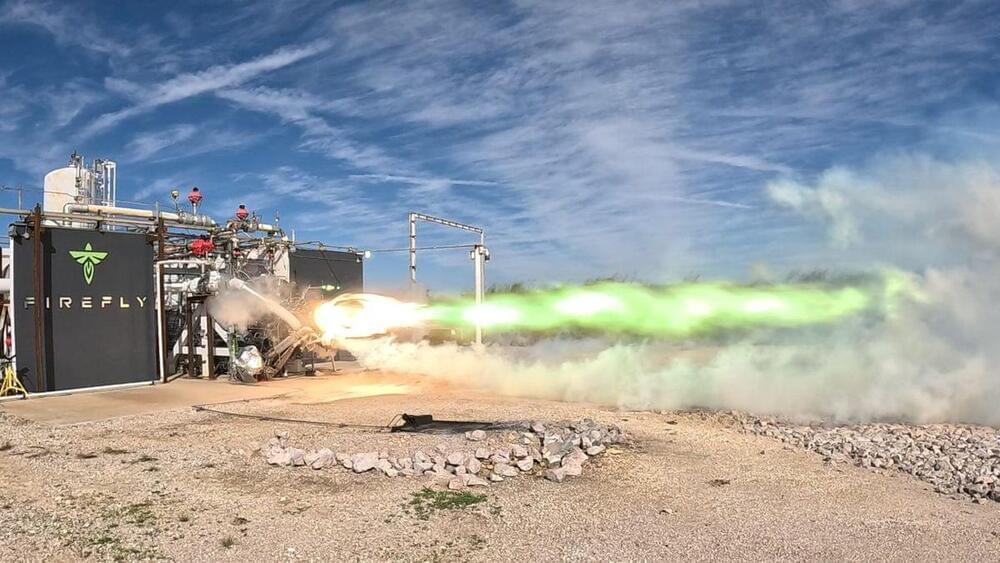
Firefly Aerospace conducted the first hot fire test of its new Miranda rocket engine, producing a massive plume of green flames.
Firefly’s Miranda engine is slated to be used on the first stage of Northrop Grumman’s Antares 330 rocket as well as the Medium Launch Vehicle (MLV) the two companies are developing together. The Antares 330 rocket is designed to carry more than 22,000 lbs of cargo to the International Space Station (10,000 kg), while the MLV will be able to loft 35,000 lbs (16,000 kg) of payload to low Earth orbit.
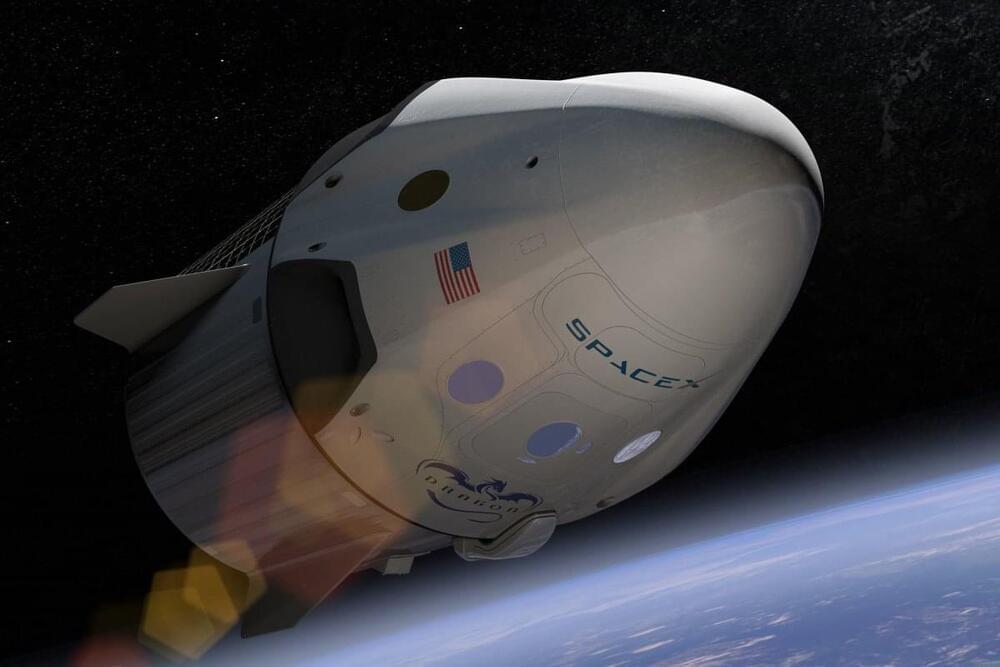
SpaceX is known for its vertical integration, but one component it’s been outsourcing is parachutes — until earlier this month, when the company quietly acquired parachute vendor Pioneer Aerospace after its parent company went bankrupt. The Information first reported the news.
This is the second known acquisition for SpaceX, which acquired small satellite startup Swarm in 2021 for a $524 million mostly-stock deal. Pioneer is coming much more cheaply: SpaceX has snapped it up for just $2.2 million, according to a bankruptcy filing by Pioneer’s parent company in Florida.
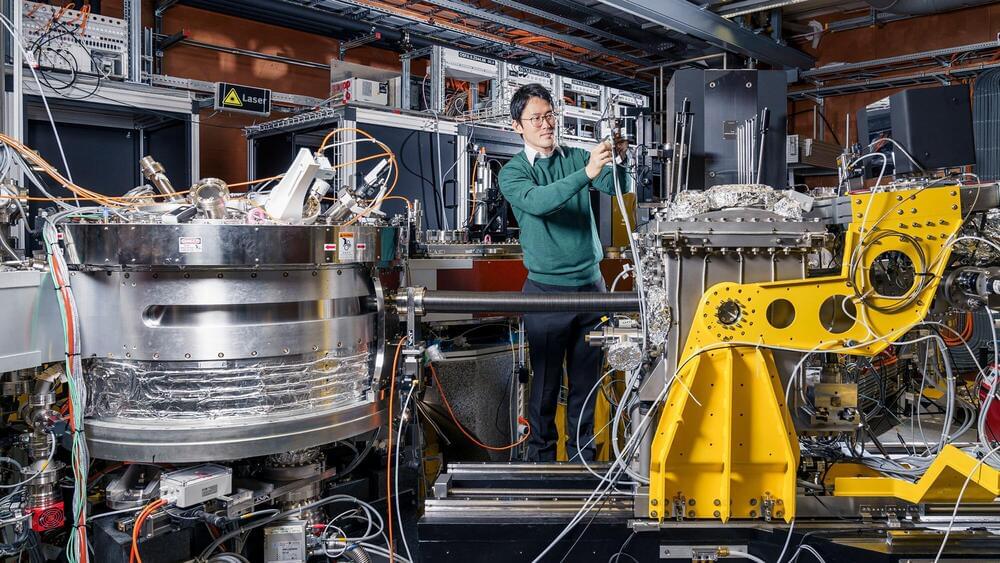
Scientists have revealed how lattice vibrations and spins talk to each other in a hybrid excitation known as an electromagnon. To achieve this, they used a unique combination of experiments at the X-ray free electron laser SwissFEL. Understanding this fundamental process at the atomic level opens the door to ultrafast control of magnetism with light.
Within the atomic lattice of a solid, particles and their various properties cooperate in wave-like motions known as collective excitations. When atoms in a lattice jiggle together, the collective excitation is known as a phonon. Similarly, when the atomic spins—the magnetization of the atoms-move together, it’s known as a magnon.
The situation gets more complex. Some of these collective excitations talk to each other in so-called hybrid excitations. One such hybrid excitation is an electromagnon. Electromagnons get their name because of the ability to excite the atomic spins using the electric field of light, in contrast to conventional magnons: an exciting prospect for numerous technical applications. Yet their secret life at an atomic level is not well understood.
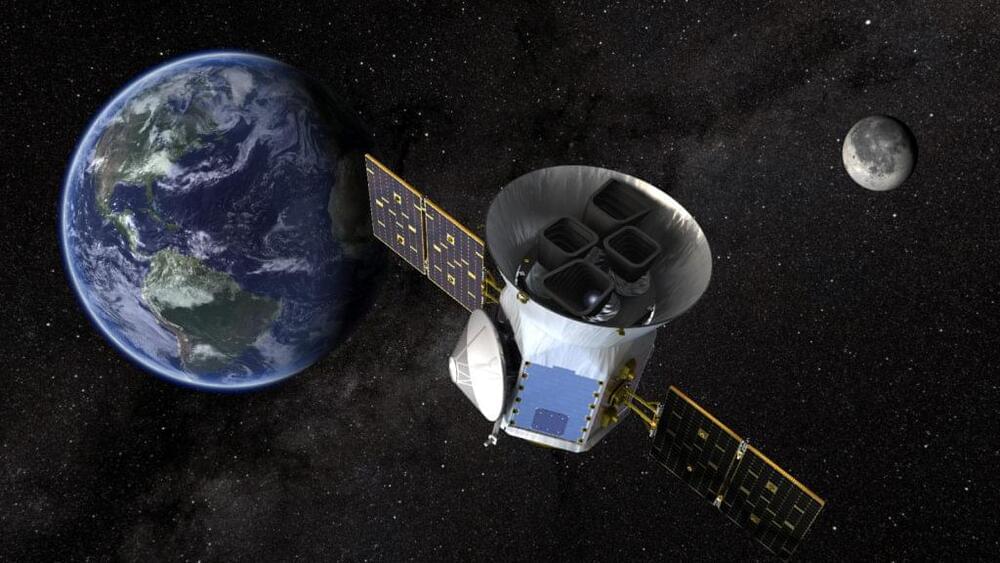
WATCH: TESS, NASA’s new exoplanet hunter, launches on a SpaceX Falcon 9 rocket
A pair of planet-hunting satellites — NASA’s TESS and the European Space Agency’s CHEOPS— teamed up for the observations.
None of the planets in perfect synchrony are within the star’s so-called habitable zone, which means little if any likelihood of life, at least as we know it.
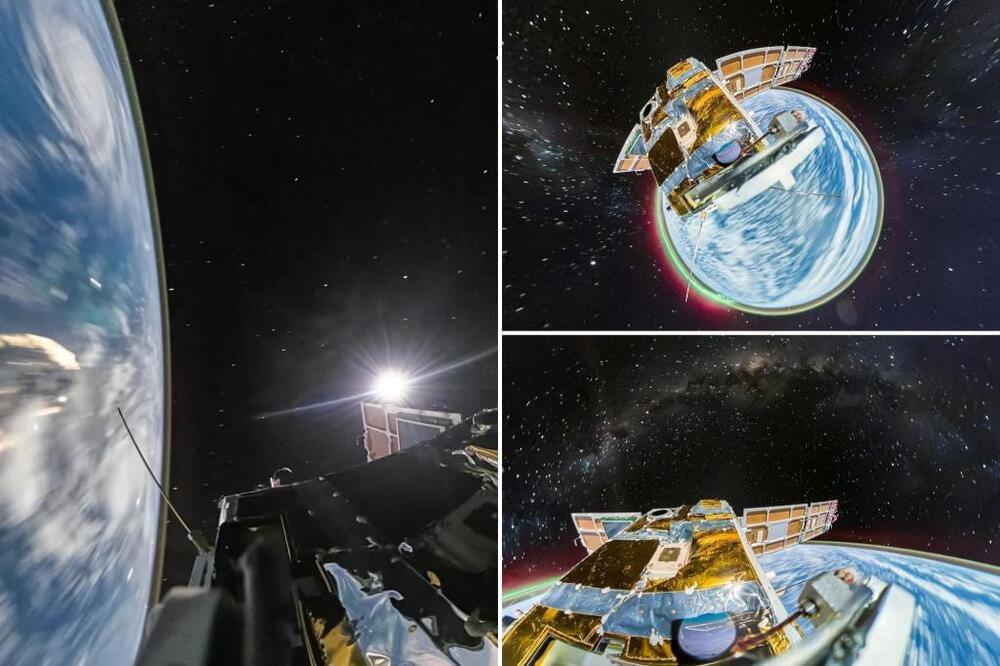
The first 360-degree cameras sent to space have captured incredible, high-definition images of Earth like never before seen.
Chinese tech company Insta360 recently unveiled the breathtaking photos of the blue planet against the deep darkness of space which were taken by its two cameras attached to satellites orbiting Earth.
Insta360 launched the satellites with the 360-degree action cameras attached about 310 miles into space on Jan. 16 after beginning the project in July 2021.
A companion robot dog, designed to provide emotional support to astronauts, has been unveiled by a student from South Korea’s Hongik University.
The small-scale robot dog Laika is named after the first dog to orbit the Earth aboard Sputnik 2.
A video shows Laika running, walking, barking and sitting. It’s designed to replicate the movements and behavior of real dogs to provide an approachable design that enables emotional connection for astronauts during lengthy missions.
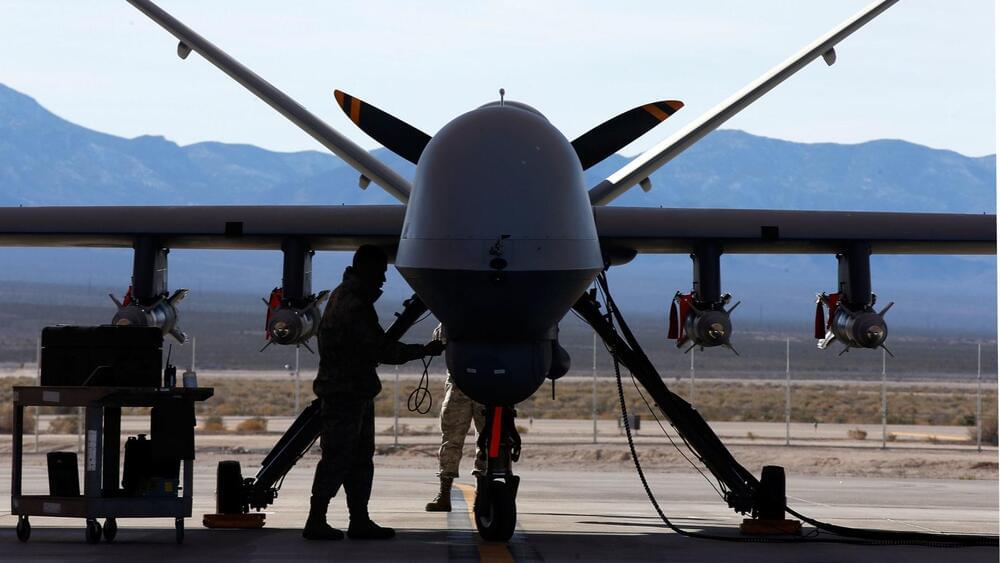
Number 4 Hamilton Place is a be-columned building in central London, home to the Royal Aeronautical Society and four floors of event space. In May, the early 20th-century Edwardian townhouse hosted a decidedly more modern meeting: Defense officials, contractors, and academics from around the world gathered to discuss the future of military air and space technology.
Things soon went awry. At that conference, Tucker Hamilton, chief of AI test and operations for the United States Air Force, seemed to describe a disturbing simulation in which an AI-enabled drone had been tasked with taking down missile sites. But when a human operator started interfering with that objective, he said, the drone killed its operator, and cut the communications system.

One group, A.I. and Faith, convenes tech executives to discuss the important questions about faith’s contributions to artificial intelligence. The founder David Brenner explained, “The biggest questions in life are the questions that A.I. is posing, but it’s doing it mostly in isolation from the people who’ve been asking those questions for 4,000 years.” Questions such as “what is the purpose of life?” have long been tackled by religious philosophy and thought. And yet these questions remained answered and programmed by secular thinkers, and sometimes by those antagonistic toward religion. Technology creators, innovators, and corporations should create accessibility and coalitions of diverse thinkers to inform religious thought in technological development including artificial intelligence.
Independent of development, faith leaders have a critical role to play in moral accountability and upholding human rights through the technology we already use in everyday life including social media. The harms of religious illiteracy, misinformation, and persecution are largely perpetrated through existing technology such as hate speech on Facebook, which quickly escalated to mass atrocities against the Rohingya Muslims in Myanmar. Individuals who have faith in the future must take an active role in combating misinformation, hate speech, and online bullying of any group.
The future of artificial intelligence will require spiritual intelligence, or “the human capacity to ask questions about the ultimate meaning of life and the integrated relationship between us and the world in which we live.” Artificial intelligence becomes a threat to humanity when humans fail to protect freedom of conscience, thought, and religion and when we allow our spiritual intelligence to be superseded by the artificial.